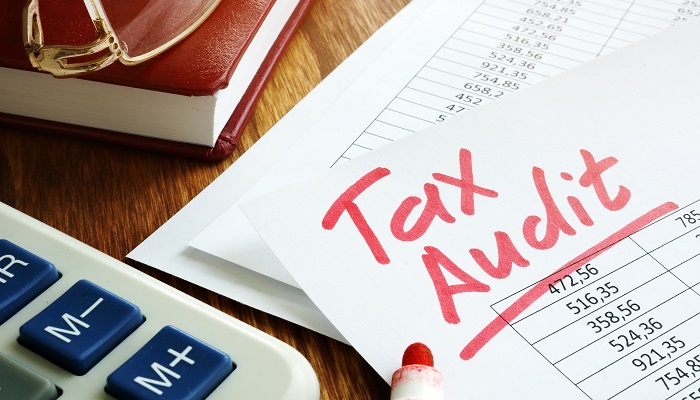
Table of Contents
Taxpayers should pay their taxes as soon as possible to stop accumulating penalties and interest and reduce chances of being the subject of an IRS tax investigation. In case you can’t pay your taxes, you should consider entering into an installment agreement. You can also get relief from late tax penalties if you tried to comply with the legal requirements but failed to meet your tax obligations due to unfortunate and uncontrollable circumstances. There are instances when taxpayers receive a notice from the IRS with incorrect information. In such circumstances, they should talk to a tax resolution attorney and try to resolve the issue and completely get rid of the penalty. Continuing further, let’s look at the different penalties and interest charges that can be levied by the IRS and the available relief options.
When Does the IRS Charge Penalties?
- When taxpayers fail to file their tax return by the due date i.e April 15, the IRS can charge penalties on late taxes. In some cases, taxpayers may request an extension to file their tax return and make sure that they file within the extended period to stop the penalties from accumulating.
- The IRS may also charge penalties when the bank doesn’t honor their check or any other payment mode.
Related Blog: Effect of the COVID-19 Pandemic on IRS Tax Problems
Which Penalties May be Eligible for Relief?
- Penalties on the failure to file a tax return
- Penalties on failing to pay taxes in full and on time
Don’t Let IRS Tax Problems Keep You Up at Night
Speak with an experienced tax attorney and take the first step toward peace of mind.
What are the Different Types of Penalty Relief?
- Reasonable Cause: Taxpayers can get relief on penalties related to reasonable cause if they succeed in showing the IRS that they tried to meet their tax obligations by all prudence and ordinary business but failed to do so due to some unfortunate and uncontrollable circumstances.
- First time penalty abatement: The IRS can offer administrative relief from penalty applicable under First Time Penalty Abatement policy. Taxpayers can qualify for administrative relief on failure to pay their taxes on time if they have no penalties for the past three tax years and have filed all the returns on time. Taxpayers who received incorrect advice from the government may also qualify for administrative relief.
- Statutory Exception: Taxpayers who receive an incorrect oral or written advice from the government may also qualify from exemption from penalties. In such cases, taxpayers should seek advice from IRS problem resolution attorneys and file an IRS tax investigation by filing form 843 to claim for refund and request for penalty exemption.
Related Blog: Key Takeaways from the Latest IRS Updates in the Wake of COVID-19
Wrap Up
The IRS will remove the interest charged on penalties when the taxpayers submit a valid reason justifying the delay in tax filing and payment. The interest will continue to accumulate until the account is fully paid. If there is any issue that needs to be resolved with the notice, a penalty on interest will not be applicable. To know more about IRS problem resolution and penalties, consult with MyIRSteam’s tax resolution attorneys who are dedicated to finding the best solutions for IRS tax problems. For a free consultation with a Dallas IRS lawyer, simply call (972) 426-2553, or fill out our contact form and we will get back to you as soon as possible.


